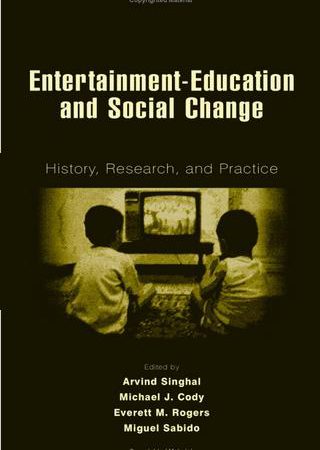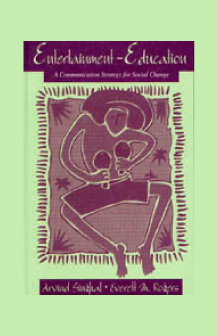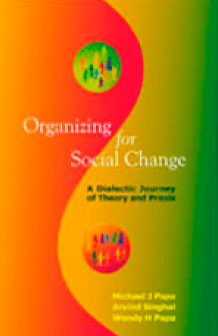This resource book introduces readers to the E-E literature from historical, theoretical, and practical perspectives. Examples of successful E-E designs, theories, and applications make this a useful and practical volume to scholars, administrators, and practitioners in communication, public and behavioral health, social work, and other arenas concerned with strategies for changing people’s behaviors. The book appeals to readers throughout the world





